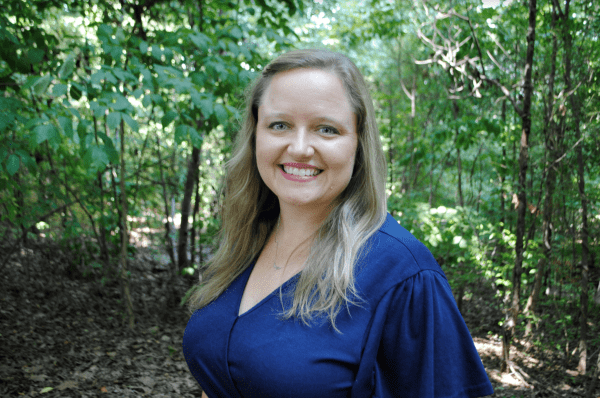Dr. Angela Preston to Lead UNC Charlotte’s Mebane Early Literacy Center

The Cato College of Education welcomes Dr. Angela Preston to UNC Charlotte as the director of the Mebane Early Literacy Center.
Preston began her career as a special educator in the North Carolina public school system and is dedicated to advancing the field of early literacy through forward-thinking teacher preparation.
Preston’s career progressed from teaching explicit, systematic literacy instruction to students with disabilities to assisting with the transition of instructional literacy practices to align with the science of reading (SOR) in districts, schools, classrooms, preschools, and community-based programs.
As an adjunct instructor and educational consultant, she contributed to the development of teacher’s in training knowledge of foundational literacy skills and evidence-based practices to address student literacy rates.
At the Office of Early Learning at North Carolina Department of Public Instruction (NCDPI), she served as an early literacy consultant, supporting districts in implementing instructional practices aligned with SOR and training North Carolina teachers in Lexia LETRS as an NCDPI local LETRS facilitator. The Lexia LETRS (Language Essentials for Teachers of Reading and Spelling) suite is comprised of comprehensive professional resources designed to provide early childhood and elementary educators and administrators with deep knowledge to be literacy and language experts in the science of reading
As a literacy coach on the data collaborative team at Read Charlotte, Preston supported community leaders and coached educators and staff on using clear instruction to teach foundational literacy skills.
“Dr. Preston’s dedication to advancing literacy education and supporting diverse student populations embodies the spirit of excellence we strive for at the Cato College of Education. In addition to her literacy education experiences, Dr. Preston’s passion for teaching and deep expertise in special education make her a valuable asset in fulfilling our commitment to leading in the field of early childhood literacy.”
–Dr. Malcolm Butler, dean of the Cato Colege of Education
Prior to that, Dr. Preston was an implementation specialist at the National Implementation Research Network (NIRN) at UNC Chapel Hill.
In her role on the State Implementation and Scaling-up of Evidence-based Practices grant, she supported state, regional, district and school teams bringing literacy to life for students.
“What I find most encouraging about early literacy research (often referred to as the science of reading), is that better literacy outcomes for all students are achievable,” Preston said. “Improving literacy proficiency is not a problem without a solution. Faculty in the Cato College of Education are already working to address gaps in early literacy through their innovative teacher preparation programs and coursework aligned with the science of reading.”